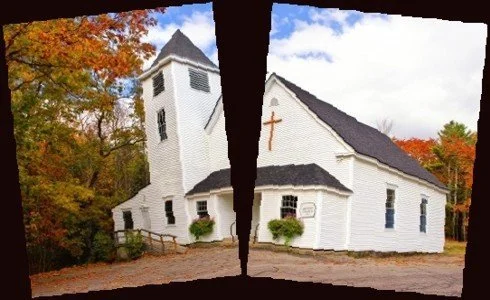On March 15, 2022, Babylon Bee editors ran a blunt joke about a powerful American leader -- proclaiming the assistant secretary in the Department of Health and Human Services as the website's "Man of the Year."
The joke caused controversy because Admiral Rachel L. Levine had, more than a decade earlier, transitioned to become a transgender woman and, two days before the Bee jab, was named one of the "Women of the Year" by USA Today.
At that point, the Twitter management cancelled the Babylon Bee's account, cutting a vital link between the Christian satire website and the online readers that were its lifeblood.
"Many people said trans people are already subject to so much ridicule, and posts like this just fan the flames against a minority group," noted Bari Weiss, editor of The Free Press, in a recent podcast with Babylon Bee CEO Seth Dillon. "How do you respond to that criticism?"
That's a "fair question," noted Dillon, but one built on the "concept that comedy should be something that only punches up at the power structure. That the oppressors can do no right, the oppressed can do no wrong. They're marginalized, and they need to be protected and insulated, and the powerful can be the subject of scorn and ridicule."
In this scenario, an evangelical humor website far from the entertainment-industry mainstream was the powerful "oppressor." Meanwhile, noted Dillon: "Admiral Rachel Levine is a transgender admiral in the Biden administration, a high-ranking government official. The narrative that's being imposed on the culture is … coming from the top down, imposed on people that really do in large numbers find it absurd and objectionable. So we were, in fact, punching up."
With the Bee locked in "Twitter jail," digital dominoes began falling -- a chain reaction that would help shape in news and journalism, which would affect debates during a tense, complicated White House race.
On March 24, the Bee team heard from a reader -- Elon Musk -- who was paying close attention to "cancel culture" trends. As an omnipresent Twitter user, the world's richest tech entrepreneur was already getting messages from people urging him to buy the social-media platform.
Musk wanted to know why Bee tweets had vanished.









